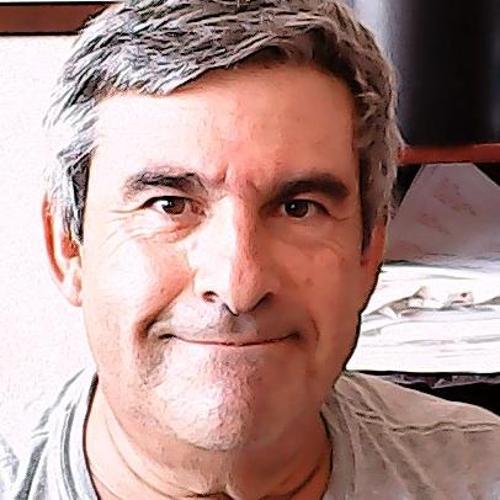
Ramón
Casillas Ruiz
Full Professor
Department: Biología Animal, Edafología y Geología
Area: Petrology and Geochemistry
Research group: Geología y Vulcanología de Islas Oceánicas
Research group: Vulcanología Aplicada
Email: rcasilla@ull.es
Área de investigación: Ciencias
Doctor by the Universidad Complutense de Madrid with the thesis Las asociaciones plutónicas tardihercinicas del sector occidental de la Sierra de Guadarrama, Sistema Central Español, (Las Navas del Marques San Martin de Valdeiglesias) petrología, geoquímica, génesis y evolución 1989. Supervised by Dr. Mercedes Peinado Moreno.
My scientific career has developed in two fundamental stages. The first stage (1986-1991), took place in the Department of Petrology and Geochemistry of the UCM and the Department of Earth Sciences of the Blaise Pascal University of Clermont-Ferrand, and focused on the study of petrology and geochemistry of the Hercynian granitoids of the Sierra de Guadarrama, as FPI Scholar and Postdoctoral MEC-MRT; and Interim Professor of Petrology and Geochemistry. The main achievements in this first stage focused on the description of the sequence of the Hercynian plutonic associations in this sector, describing their petrology, geochemistry and petrogenesis. These achievements were reflected in the memory of my Doctoral Thesis (Casillas, 1989) and in the scientific paper Casillas et al., 1995. The second stage has been developed in the Dept. of Soil Science and Geology of the University of La Laguna (ULL, 1991-2018) as “Profesor Titular” (Associate Professor with tenure), and since 2018 as “Catedrático” (Full Professor). During this stage, my scientific work has focused on the development of three different lines of research: -A). Submarine growth and emergence of oceanic islands. The aim is to establish a model of submarine construction and emersion of the Canary Islands from the study of the rock formations that appear in the Basal Complexes outcropping in some of them. This model could be of great use to improve the existing knowledge on the early evolution of Oceanic Islands (especially the relationships between constructive agents, magmatic activity, and destructive episodes, mainly by large gravitational landslides) in intraplate environments (such as the archipelago from Cape Verde). For this, the petrological and geochemical characteristics of the earliest submarine and subaerial volcanic rocks in these islands and of the corresponding hypabyssal and cogenetic subvolcanic complexes are studied, as well as the sedimentological characteristics of the volcanoclastic deposits found, the paleontological and biostratigraphic analysis of the micro and macrofauna contained in those deposits, and the analysis of the tectonic evolution of the islands through the study of the tectonic accidents found. -B). Study of radon and other gases emanations in volcanic settings as tracers for monitoring volcanic risk. -C). Studies of the hydrochemistry of groundwater in volcanic regions; especially the fluorine anomalies on the island of Tenerife and its relationship with the volcanic activity of the island and the water-rock interaction processes. During this second stage, I have collaborated in the development of these three lines through participation in numerous research projects (regional, national and European calls), and, in particular, as main researcher in those related to lines A) and C). In relation to line A) I have managed to assemble a multidisciplinary (petrologists, geochemists, specialists in structural geology, stratigraphers, sedimentologists and paleontologists) and international research team that constitutes a Consolidated Research Group of the ULL (Submarine growth and emergence of the Canary Islands: geological study of the Basal Complexes), of which I am the coordinator.







